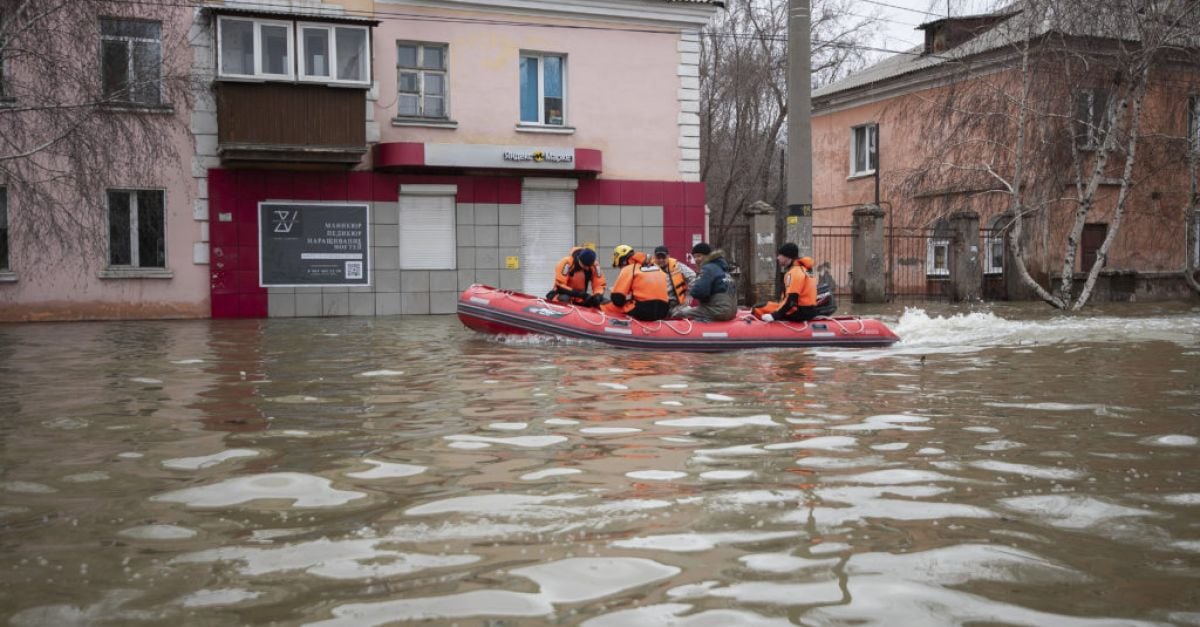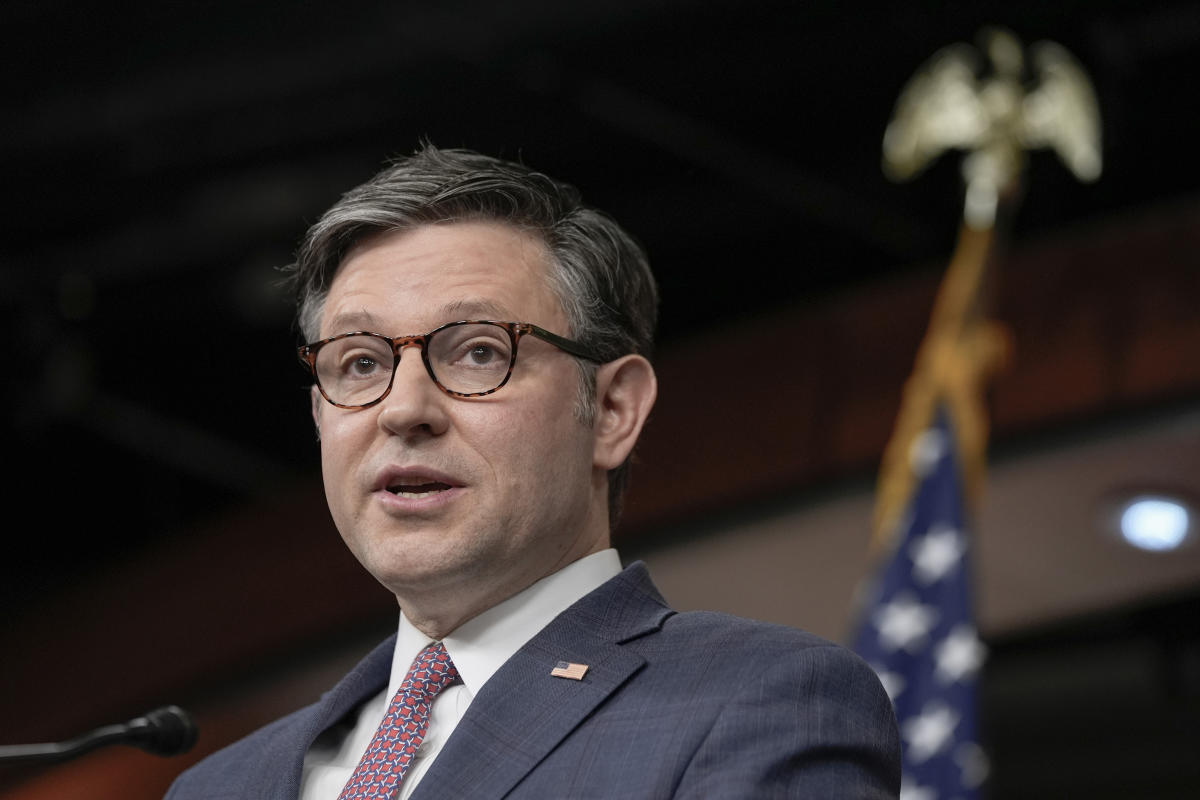Question: What do Black Terns, Upland Sandpipers and Piping Plovers have in common? Answer: All are birds that are threatened or endangered according to the Michigan Department of Natural Resources. Currently, there are 42 threatened species of birds in Michigan, with nine listed as endangered. As a member of the Great Lakes Audubon Club, I appreciate the significance of these DNR listings. I am also well aware of the importance of birds to our environment — not just in our Great Lakes region, but across the world too.
Birds are involved in nearly every ecosystem on the planet. They serve these planetary systems as pollinators, scavengers, seed dispersers, predators, and prey. Birds are vital to the network of connections within an ecosystem. They also function as early indicators of the earth’s environmental health. What is good for birds is good for entire ecological systems — which includes us. This is the main reason that I proudly display an Audubon bumper sticker that states, “Protect the Birds, We Protect the Earth.”

I know I am not alone. Many people actively appreciate and support birds. Birds provide us with inspirational beauty. Birds provide for the health of our earth by eating over 500 tons of insects yearly. Crows, vultures and Ravens are important scavengers keeping down the spread of disease. Pollinators, like the hummingbirds are vital to the diversity of the floral kingdom. In the United States alone birders, numbering in the tens of millions, will spend over twenty billion dollars per year on seed, travel and birding equipment.
Protecting birds from the effects of climate change is essential to our survival. According to a recent article from Great Lakes Audubon, the growing climate concern is right here in Michigan and our feathered friends are on the front lines. The Common Loon, for example, is affected by poor water quality and warming water temperatures. The Red-Headed Woodpecker is losing habitat due to climatic conditions. Even the hardy Black-capped Chickadee’s food availability is altered due to changes in our winter temperatures.
Scientific studies have shown that two-thirds of North American bird species are at risk of extinction due to planet warming. For example, many migratory birds are arriving earlier than usual. When they do arrive, they’re out of sync with their preferred food sources. This negatively impacts the success of their breeding schedules and consequently, their survival.
To protect both the birds and ourselves, it is imperative that we reduce the discharge of planet-warming greenhouse gasses, such as methane and CO2. Michigan has taken a big step towards this aim.
Last November, the Michigan legislature created, and Gov. Whitmer signed into law, The Clean Energy Future Package. Michigan is now on the path to 100% renewable energy and a carbon pollution-free future. That’s good news for the birds but we can do even more to help.
There are other non-climate ways to strengthen bird populations. First, adjust your own behaviors: avoid waterway nesting areas and observe wild birds from a safe distance, place protective decals on windows, stop the practice of spreading pesticides on plantings around your home, and keep house cats indoors.
Second, improve bird habitat by planting carbon-absorbing trees. One tree will store one half metric ton of CO2 in its 100-year lifetime. Some forestry organizations, like the National Forestry Foundation, will plant two trees for every $2 donation.
Lastly, reduce your own carbon footprint by making smart decisions when traveling and going about your daily life. There are websites that will help you calculate your carbon footprint and follow up with tips on how to reduce carbon emissions. Explore carbon offset options like our own local Community Carbon Fund which is managed in partnership by the Outdoor Discovery Center and the Holland/Zeeland Community Foundation.
Tackling climate change requires bold action. I encourage you to join the thousands across Michigan who urge lawmakers to support carbon elimination legislation and to fully support the efforts of organizations like The Great Lakes Audubon and their Restoration Initiative. Remember, protecting the birds protects the Earth.
— Nancy Berg is a member of the Holland Area Citizens’ Climate Lobby. She lives in Holland.
This article originally appeared on The Holland Sentinel: Citizens’ Climate Lobby: Climate change a real threat to Michigan birds
Signup bonus from





